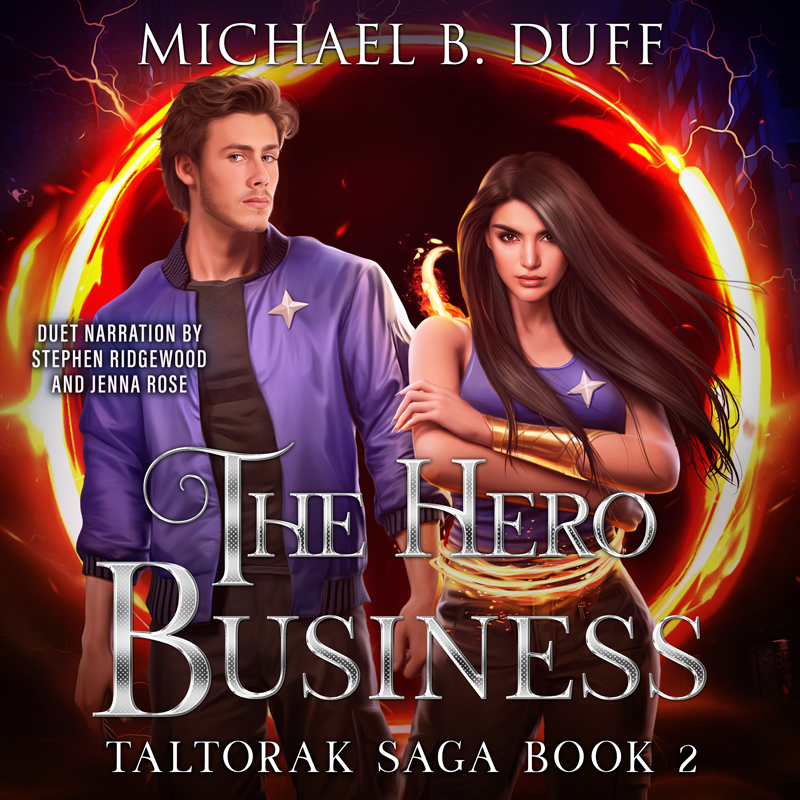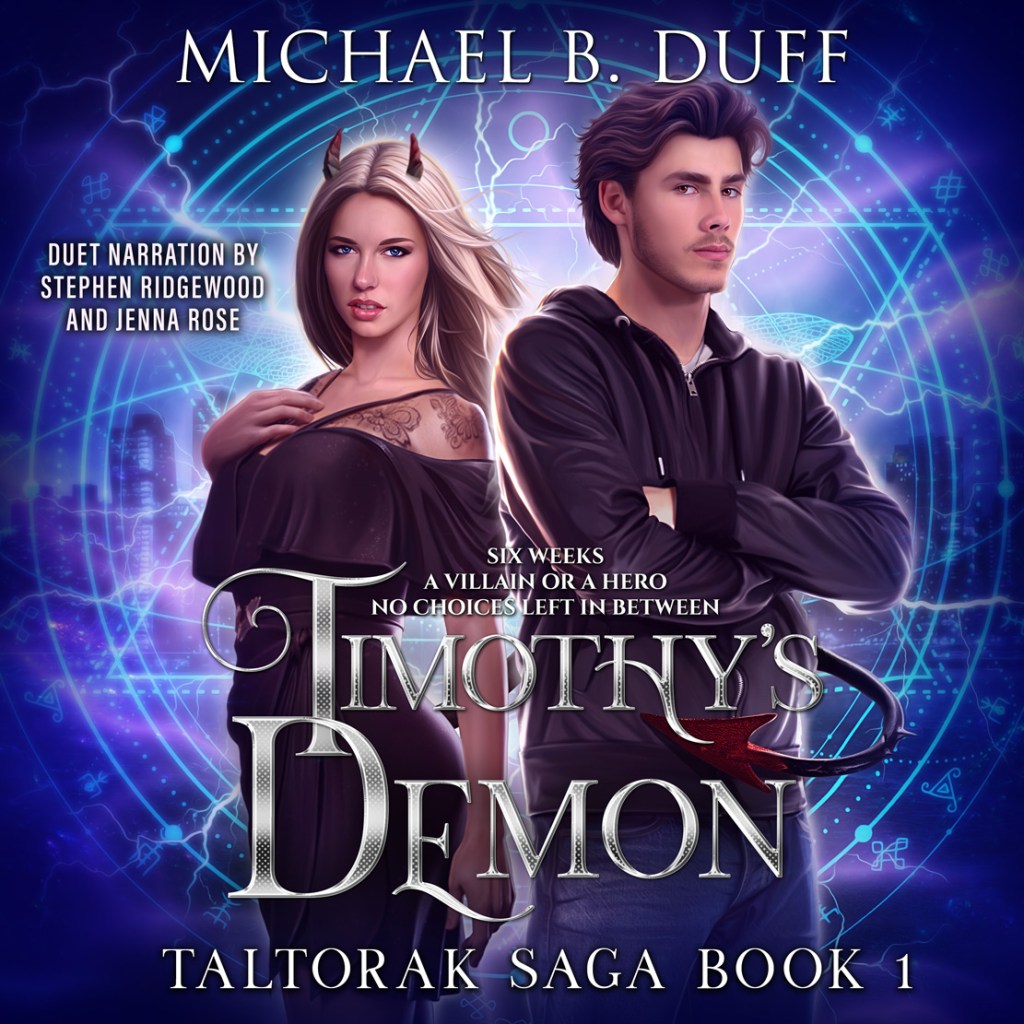Audiobook for The Hero Business, Taltorak Saga Book 2, now available on Audible! I spent real money on this production and it came out great. Male and female narrators playing off each other, more like a radio play than a typical audiobook.

Audiobook for The Hero Business, Taltorak Saga Book 2, now available on Audible! I spent real money on this production and it came out great. Male and female narrators playing off each other, more like a radio play than a typical audiobook.


The audiobook of my first novel is finally available on Amazon and Audible, briefly on sale as a new release. I spent big money on this, guys, but it came out just like I wanted. Male and female narrators playing off each other, with a unique voice for each character. It really does sound like a radio play.
Please help me spread the word. Writing a book is hard enough, but getting an indie book noticed is incredibly difficult. Every rating, every review, and every shared link helps! https://www.amazon.com/dp/B0F44D2DLN/
Taltorak Saga Book 2: The Hero Business, just went live on Amazon! No hardback this time, just too many pages for KDP, but honestly, paperback is much easier to deal with, and of course the ebook is available.

After 20 years of excuses and self-doubt, my novel is finally published: https://www.amazon.com/dp/B0CVDSCB9S/
I know every author says this, but if you really want to help me, please leave me a review, even if it’s just one line.
If you know a sci-fi nerd or Marvel fan, please share this link with them.
And please, if you know anyone who can get this book in front of a wider audience, please share it and put in a good word for me.
